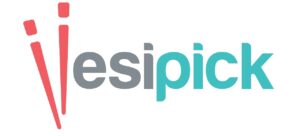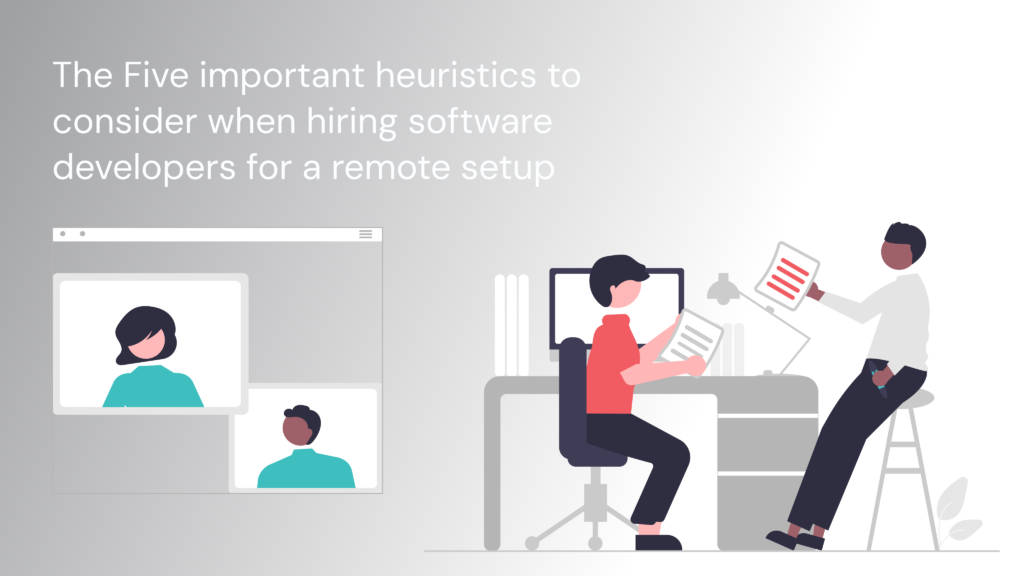Prioritize Self-Motivation and Proactive Communication:
Look for candidates who demonstrate strong self-motivation and initiative. In a remote setting, developers need to manage their time effectively, take ownership of tasks, and be proactive in seeking clarification or communicating roadblocks.
Assess their communication skills. Can they articulate their thought process clearly, both verbally and in writing? Effective communication is crucial for collaboration and troubleshooting in a remote environment.
Technical Skills Assessment Beyond Take-Home Tests:
While technical skills are important, relying solely on take-home coding challenges might not give the full picture in a remote setting. Consider conducting live coding exercises or code reviews where you can assess not just their problem-solving abilities but also their thought process and communication during the coding phase.
Look for a strong understanding of software development best practices, like version control systems and unit testing frameworks. These practices are even more critical in a remote environment to ensure code quality and maintainability.
Independent Learning Ability and Adaptability:
Remote developers need to be adaptable and comfortable learning new technologies independently. Evaluate their ability to learn and stay updated with the latest trends. Look for candidates who can showcase their ability to learn a new technology or framework relevant to the position.
Time Zone and Cultural Awareness:
Consider time zone compatibility when building your remote team. While there are ways to manage time zone differences, significant discrepancies can hinder real-time collaboration.
If building a global team, be mindful of cultural awareness. Look for candidates who demonstrate an ability to understand and appreciate diverse perspectives and communication styles.
Assessing for Remote Work Readiness:
Look for experience working remotely or in a hybrid environment. These candidates will already have adapted to the challenges and disciplines required for remote work.
During the interview process, ask questions to gauge their comfort level with remote work. Explore how they typically structure their workday, their preferred communication tools, and their strategies for staying focused and avoiding distractions in a home office environment.
By prioritizing these heuristics, you can increase your chances of hiring software developers who will thrive in a remote work environment.
Remember, strong communication, self-motivation, and a willingness to learn independently are key qualities for remote success



